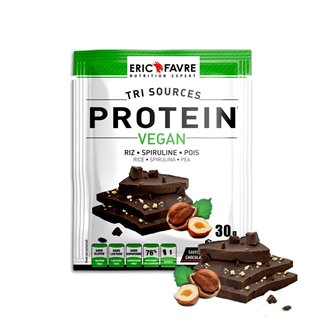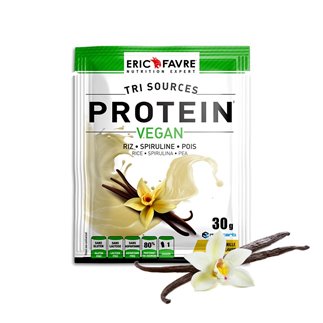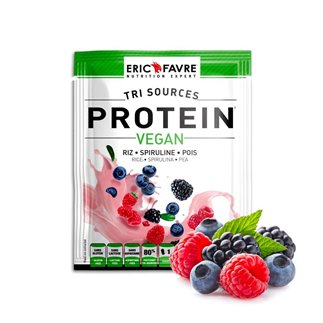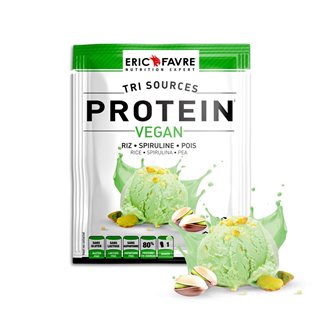Secure payment
CB, PAYPAL, ONEY 3x 4x 30J
Protein is one of the three groups of macronutrients that are essential for the proper functioning of the body and the neuromuscular system. Proteins are the building materials of muscles, which are essentially composed of amino acids. They are mainly found in white meat, red meat, fish, eggs, nuts (almonds, walnuts, cashews, brazil nuts, etx) and protein-rich legumes. Discover our Mini Protein Guide!











When practising a sport and trying to obtain results, it is important to know that the role of food is decisive. The consumption of proteins is absolutely essential for muscle building, recovery, but also for weight loss. Indeed, after their digestion, the amino acids that make up the protein enter the muscle fibres, which are thus able to hypertrophy and provide increasingly intensive efforts: strength, endurance, but also muscle development for body-building enthusiasts.
For weight loss, a protein-rich diet is a must, because by stimulating the muscles, it activates the metabolism, which consumes more energy for a longer period of time, in order to properly nourish the muscles under regular strain. The higher the quantity of amino acids, the more muscle anabolism is sustained.
Muscles undergoing intensive training need at least 2g of protein per kg of body weight. For a 75kg man, this amounts to 150g of assimilable protein per day, spread over 4 or 5 meals. Knowing that 100g of meat provides about 20 grams of protein, the calculation is quite simple. The real difficulty is to be able to swallow as much meat, fish and eggs every day, in order to achieve an optimal protein intake for muscle growth. If you don't have enough appetite to eat that much or if your budget is too limited, food supplements are an effective solution.
The choice of a protein supplement should be made according to your sport discipline and your protein needs.
As a general rule, we turn to whey protein, a highly digestible product that is quickly assimilated without overloading the digestive system. It has a very high biological value, which makes it the reference protein in the world of food supplements. As a general rule, people turn to whey protein, a highly digestible product that is quickly assimilated without overloading the digestive system. It has a very high biological value, which makes it currently the reference protein in the world of food supplements. There are different types of whey, such as whey isolate or hydrolysate, which have undergone very thorough filtering stages. Their protein content is proportionally higher and they generally contain no lactose, sugar or fat. This protein is used after training and in the morning when you get up. types of whey, such as whey isolate or hydrolysate, which have undergone very thorough filtration stages. Their protein content is proportionally higher and they usually do not contain lactose, sugar or fat. This protein is used after training and in the morning when you get up.
Casein is the opposite of whey. It is a heavy protein, long to digest, very useful when following a food plan for muscle definition. Low in calories and very filling, it can be used as a snack between meals and at bedtime.
They are an effective alternative to animal-based proteins, although they usually need to contain several sources to be complete. Indeed, most brands mix pea protein with rice protein, or a cereal and a legume, to provide a complete aminogram, rich in essential amino acids and BCAAs. It is entirely possible to achieve your sporting goals with a non-animal protein, provided you avoid soy proteins, which are incomplete and rich in pro-oestrogenic actives.